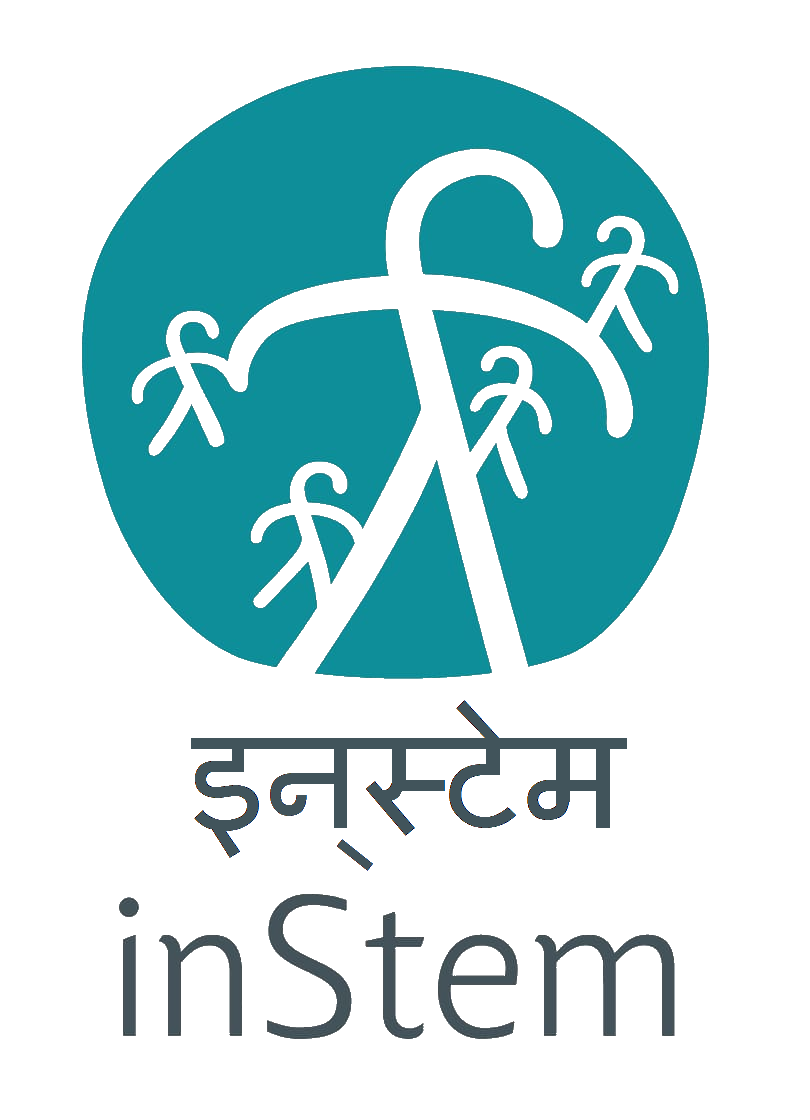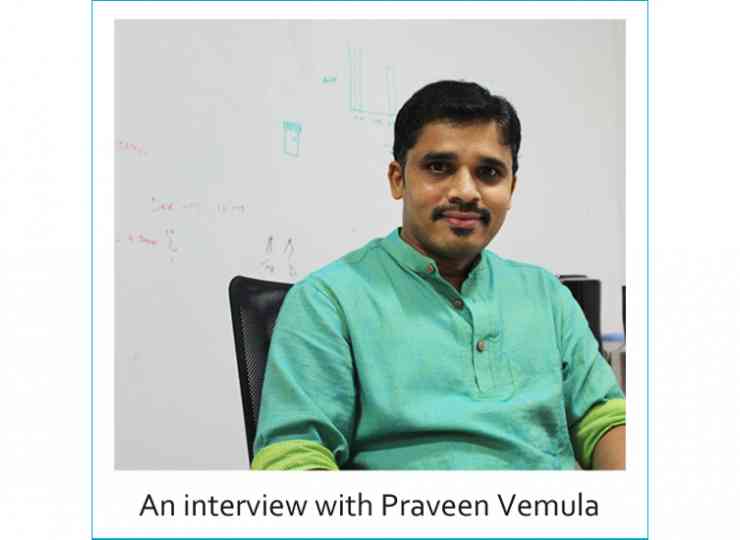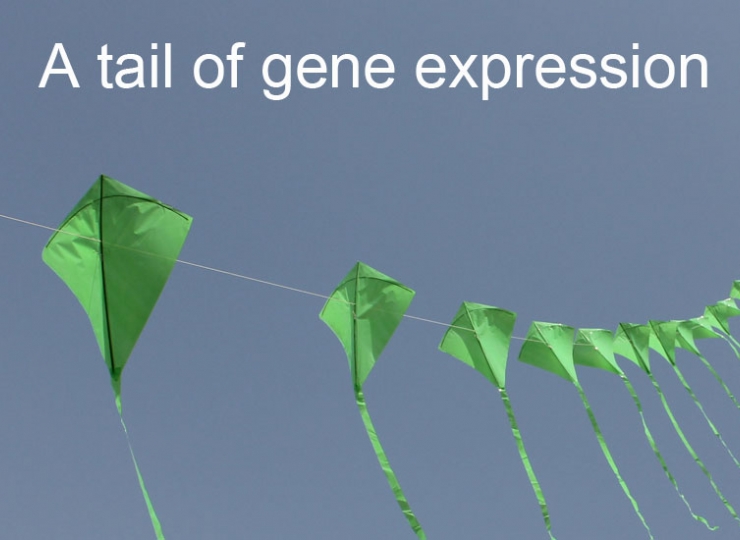Research by scientists and clinicians from NIMHANS and the ADBS program, DBT-inStem, Bangalore, India and Tartu, Estonia underscores the fact that the common syndromes of severe mental illness, such as schizophrenia, bipolar disorder, dementia, obsessive compulsive disorder and addiction, may have an unusual evolutionary basis. The constant prevalence of mental illness, across the history of human species, suggests a Darwinian paradox. Despite causing significant disease, there seems to be little impact on selection for fitness, in relation to these disease syndromes. Genetic variation that predisposes to psychiatric disease is seen across all populations, and is quite common. Previous selection for fitness, over evolution, may produce a bias towards certain kinds of variation, that may predispose to disease later in life. These mechanisms may protect again inflammation or infection when young, only to nudge towards disease when one is older.

The research team explored these aspects through the genetic analysis of individuals from families who have multiple affected members. If anything, the increased prevalence of illness in a particular family, should point to even more extreme evidence of these risk alleles. They compared the genetic sequences of exomes (the regions that are translated into proteins) from individuals in 80 such families, which were further compared against the African and the South Asian population. Evidence of Neanderthal genes in the samples were also investigated, as the persistence of these ancient genomes in modern humans seems to correspond to some traits, as well as risk of diseases.
Selection in 74 genes with evidence was observed, which were mainly involved in immunological and defense responses, including activation and regulation of interferon-gamma, cytokine and immune system, and different signalling pathways. It was noted that nearly 25% of the genes (20 out of 74 genes) are linked to the risks of mental illness e.g. schizophrenia, dementia, and Parkinson’s disease; and are also associated with general attributes such as intelligence and cognitive abilities. There was also evidence of Neanderthal genes, but their variation and distribution were much the same as in the south Indian population, and did not correlate with risk of disease.
Genes that regulate immune functions are known to undergo significant selection pressure, as species (including humans) adapt to ecological diversity, and the threat posed by new and ever-changing infectious pathogens (as for example the recent pandemic). Many of these genes also influence neurodevelopment and immune reactions in the brain.
The study thus adds to the growing evidence that the risk of psychiatric diseases may be linked to variations in the shared gene pool, which in turn depends on the evolutionary history of the species. The human population has expanded from 1 billion 200 years ago to more than 6 billion now. Over the same period, human longevity has also increased by three-fold. In common with many other diseases, that also begin later in life, like diabetes and hypertension, the risk of such psychiatric diseases may be embedded in the biology and genetic variation of our species, not the least environmental factors. The complete understanding of these complex disorders of the brain, thus need a broader exploration of genetic variation across species; and across time.
-----------
The research was conducted as part of a project funded by the Dept. of Biotechnology, Govt of India, and the Pratiksha Trust: Accelerator program for Discovery in the Brain using Stem cells [ADBS]; and is a collaboration between NIMHANS, NCBS (TIFR) and InStem. The ADBS program is an umbrella effort, that integrates many aspects of in-depth study of mental illness; from clinical assessments, to imaging and physiology, to genetics, genomics and stem cell biology.
Dr Jayant Mahadevan and Dr Ajai Pathak are the lead authors; while Dr Meera Purushottam and Dr Mayukh Mondal led the scientific analysis. Dr Pathak and Dr Mondal are at the Estonian Biocentre, Institute of Genomics, Tartu, Estonia; and the other collaborating clinicians and scientists are from NIMHANS, NCBS and InStem.
Reference:
Analysis of whole exome sequencing in severe mental illness hints at selection of brain development and immune related genes
Jayant Mahadevan, Ajai Kumar Pathak, Alekhya Vemula, Ravi Kumar Nadella, Biju Viswanath, Sanjeev Jain, Accelerator Program for Discovery in Brain disorders using Stem cells (ADBS) Consortium, Meera Purushottam & Mayukh Mondal. Oct 2021, Scientific Reports
https://www.nature.com/articles/s41598-021-00123-x Publication Date: Oct 26, 2021












